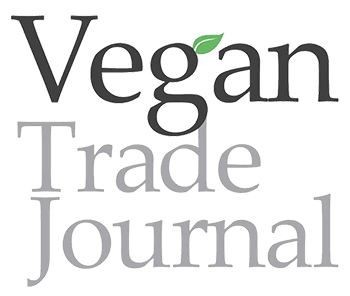There are over half a million vegans in Britain, new research commissioned by The Vegan Society in partnership with Vegan Life magazine, has found.
At least 542,000 people in Britain are now following a vegan diet and never consume any animal products including meat, fish, milk, cheese, eggs and honey. This is an increase of over 350 per cent since the last estimate a decade ago, making veganism one of Britain’s fastest growing lifestyle movements.
The study, carried out by leading researchers Ipsos MORI, surveyed almost 10,000 people aged 15 or over across England, Scotland and Wales – the biggest ever poll quantifying the vegan community.
Vegan Life magazine publishing director Keith Coomber said: “The public perception of veganism is changing fast. It’s no longer an extreme lifestyle, it’s easy and accessible – you can walk into any supermarket and be greeted by a huge range of dairy-free milks and other vegan-friendly products.
“As consumers become more savvy about the reality of the animal farming industry, and the health implications of meat and dairy products, this boom will only continue.”
“To have over half a million vegans in Britain is fantastic. More people than ever before are acting upon the health and environmental benefits of veganism, and finding out what really goes on in the meat and dairy industries and deciding they do not want to contribute to the pain and suffering of animals,” said Jasmijn de Boo, CEO of The Vegan Society.
The results make encouraging reading for those who care about animals and the planet. Nearly half of vegetarians who are not vegan said they would like to reduce their consumption of dietary animal products. This equates to 521,000 people across Britain, meaning there could soon be in excess of one million vegans in total.
The study also found that 3.25 per cent of the population, around 1.68 million people, are either vegetarian or vegan. More than 860,000 of all vegetarians and vegans also avoid all non-dietary animal products such as leather and wool.
De Boo added: “The reasons behind the rise of veganism are numerous: the positive portrayal in the media has contributed to its changing image; documentaries on the shocking realities and consequences of animal agriculture have gained prominence; delicious-looking vegan recipes have multiplied online and on social media as society becomes increasingly health-conscious; and top vegan athletes keep proving that you can be fit and healthy on a plant-based diet.”

